- The roads in Nakuru, especially the London-Kiamunyi route, are often too narrow for safe riding, prompting cyclists to urge the county government to create dedicated bike lanes.
In an era where cycling is increasingly recognized as a sustainable mode of transportation, fostering a vibrant cycling culture is essential. As more individuals embrace the freedom of the open road, creating supportive environments for cyclists becomes paramount.
Whether commuting through bustling city streets or enjoying leisurely rides in the countryside, cyclists encounter unique challenges that can impact their experience.
Organizations like the Critical Mass Movement play a pivotal role in promoting cycling culture and advocating for better infrastructure. This movement organizes group rides that celebrate the joy of cycling while raising awareness about the needs of cyclists.
In Nakuru, the Critical Mass Movement is making significant strides by hosting regular events that unite cycling enthusiasts. These gatherings promote camaraderie and underscore the importance of cycling as a legitimate means of transportation.
Dennis Githu, popularly known as the "Cycling Rasta," is the founding father of Nakuru Cycling. Back in 2020, he initiated a movement called "Cycling for Fun." “Our slogan is about fun and fitness,” he explains.
Read More
“Bicycles helped us navigate various aspects of life. During COVID-19 period, we used cycling to advocate for different causes.”
Edwin Waithima, a member of the Critical Mass Movement, embodies the spirit of this community. “I am a junk miler,” he shares, emphasizing his passion for cycling. “The farthest I have cycled is 250 km. As a group, we have cycled 100 km. We do not focus on the distance but the destination.”
However, the rise in bicycle-related accidents, highlighted by the Kenya National Bureau of Statistics (KNBS) in 2024, underscores the urgent need for improved cycling conditions.
Events like Global Road Safety Week, held from May 12 to 18, 2025, serve as vital platforms for addressing these issues and advocating for cyclists' rights. “On these days, we create awareness on social media about cycling to show that it is safe,” Edwin explains.
Cycling offers numerous benefits, including improved cardiovascular health, increased muscle strength, reduced stress, and enhanced mood.
Many cyclists, including Edwin, have experienced these advantages, contributing to a greater sense of well-being and community. “A few years ago, I used to smoke and drink a lot. Now, I don’t smoke anymore and I drink less. I have become a better person,” he reflects.
For long rides, Edwin emphasizes preparation: “Service your bike, ensure all components are working, be well-rested, and stay hydrated to avoid muscle pulls. And lastly, ride with someone who knows how to ride.”
Despite these efforts, cyclists face various challenges. The lack of a robust cycling culture in Kenya hinders the development of skilled cyclists and the establishment of a biking lifestyle. “Cycling is a passion, but it’s difficult to secure funding for equipment and food,” Edwin notes.
Infrastructure remains a significant barrier. “The number one challenge is the road. It’s very narrow. People often think that cycling means you don’t have a car. Cyclists experience a lack of respect on the road,” he adds.
Dennis has faced his share of challenges, including a serious accident where he was hit by a car. “A careless driver failed to observe traffic rules and knocked me down. I’m grateful to be alive today, although I almost tore my tendon,” he recalls.
For Dennis, cycling tells a powerful story. “Every accident motivates me more. If we stay silent, we can’t advocate for safer roads,” he emphasizes.
While many enjoy cycling for leisure, a substantial number rely on it as their primary mode of transportation. Wilson Muema, another member of the movement, cycles to work every morning. “I ensure my own safety by gearing up well and staying alert,” he says, highlighting the importance of vigilance.
For Wilson, challenges such as matatus overtaking can be daunting. “I keep a safe distance, slow down, or stop in such situations,” he advises.
The roads in Nakuru, especially the London-Kiamunyi route, are often too narrow for safe riding, prompting cyclists to urge the county government to create dedicated bike lanes. “Cycling is not just about saving fare; it has a lot of benefits. It could help decongest the roads,” he adds.
To be part of the movement, all one needs is a bike and to show up on Critical Mass days. “We advocate for road safety, fitness, and community spirit,” Edwin states. “We want to be seen by the public and the government to promote safer roads and encourage more people to ride their bikes daily.”
Every year on June 3rd, the world celebrates World Bicycle Day, recognizing the bicycle as a vital means of transportation and a cornerstone of health and environmental sustainability. Embracing cycling as a lifestyle can lead to a more active, engaged, and healthier community.
As Nakuru continues to cultivate its cycling culture, the efforts of the Critical Mass Movement and its members highlight the importance of creating a supportive environment for all cyclists. With increased awareness and improved infrastructure, the dream of a thriving cycling community is within reach.

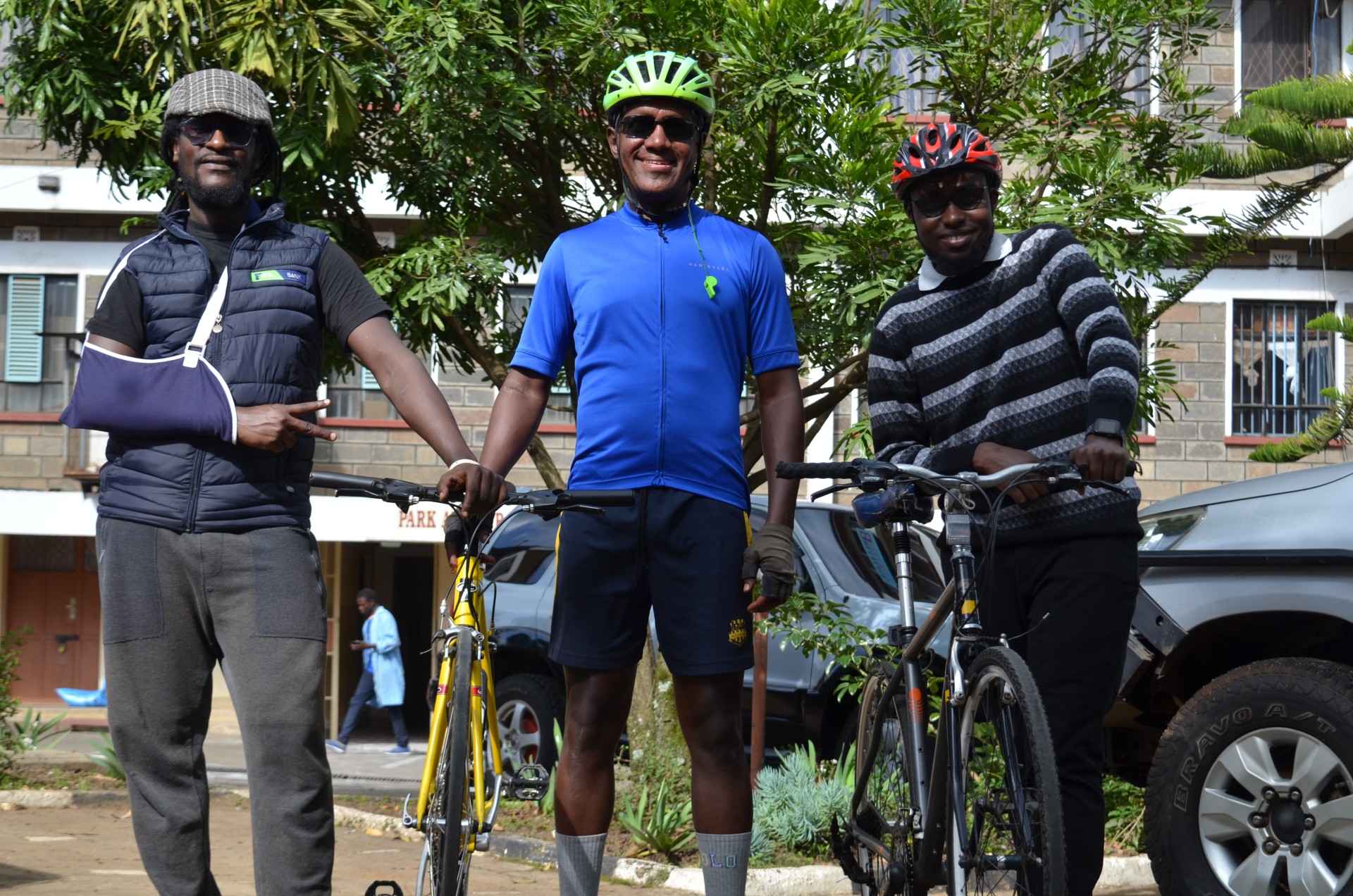
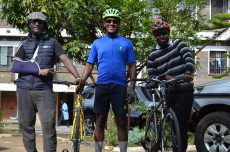
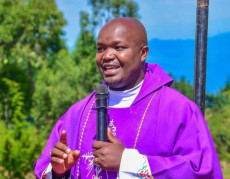
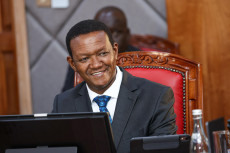
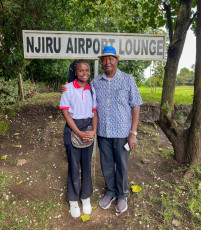
-1747991882-md.jpg)
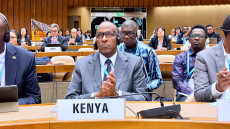




-1747991882-sm.jpg)